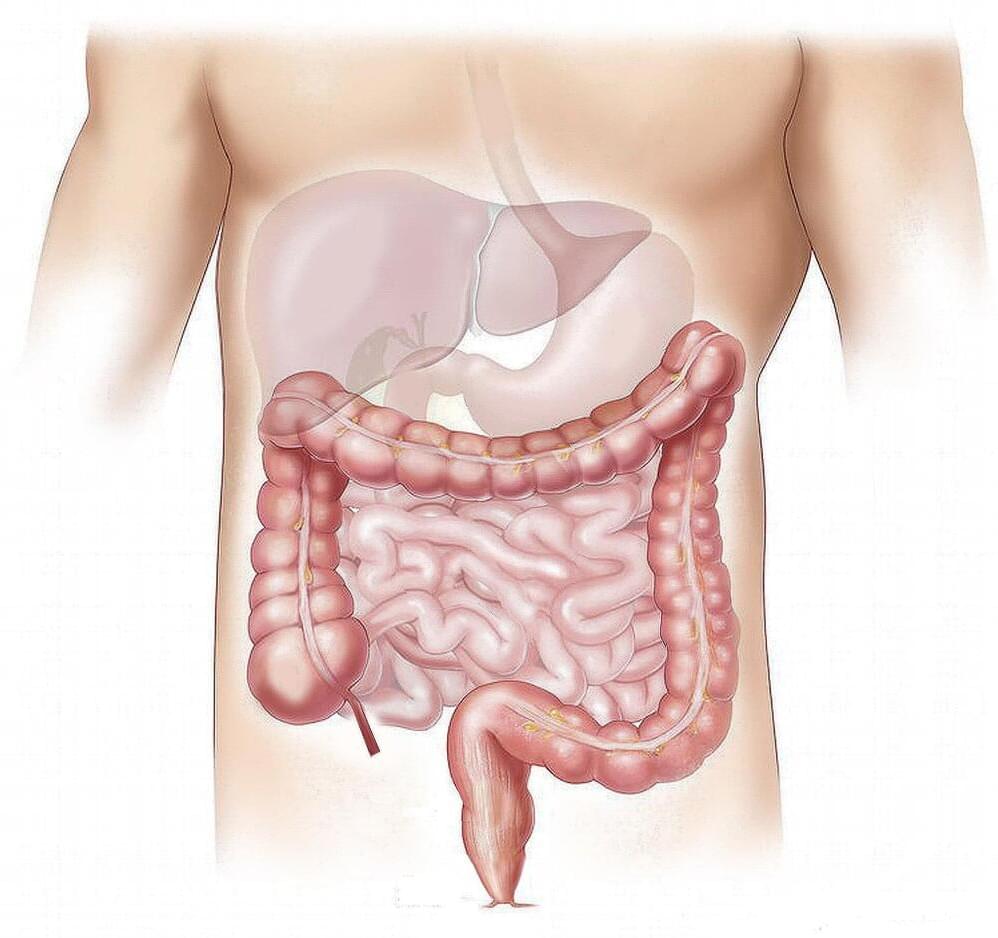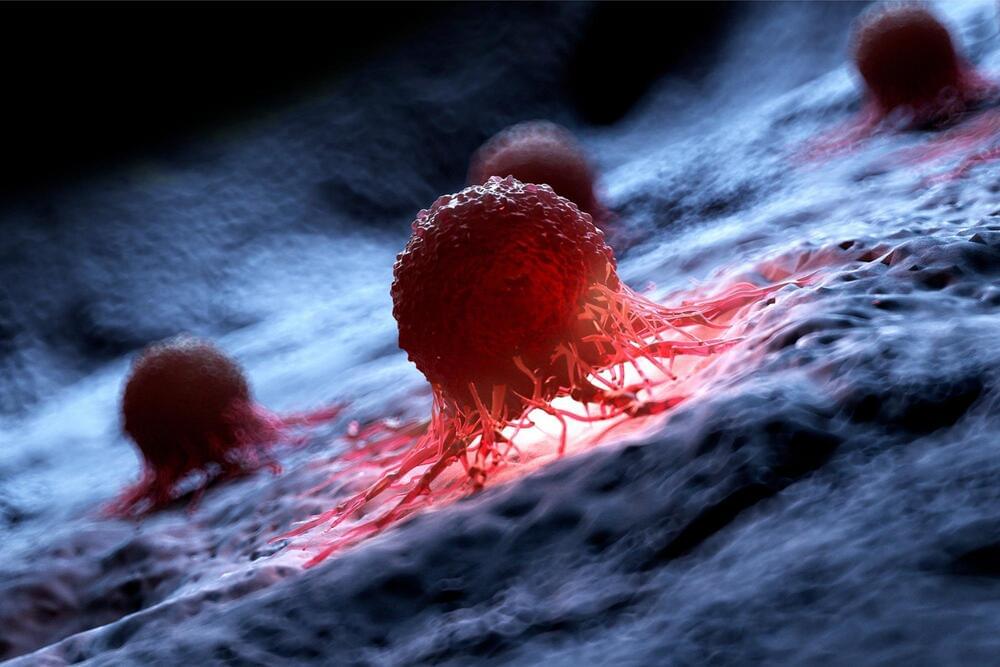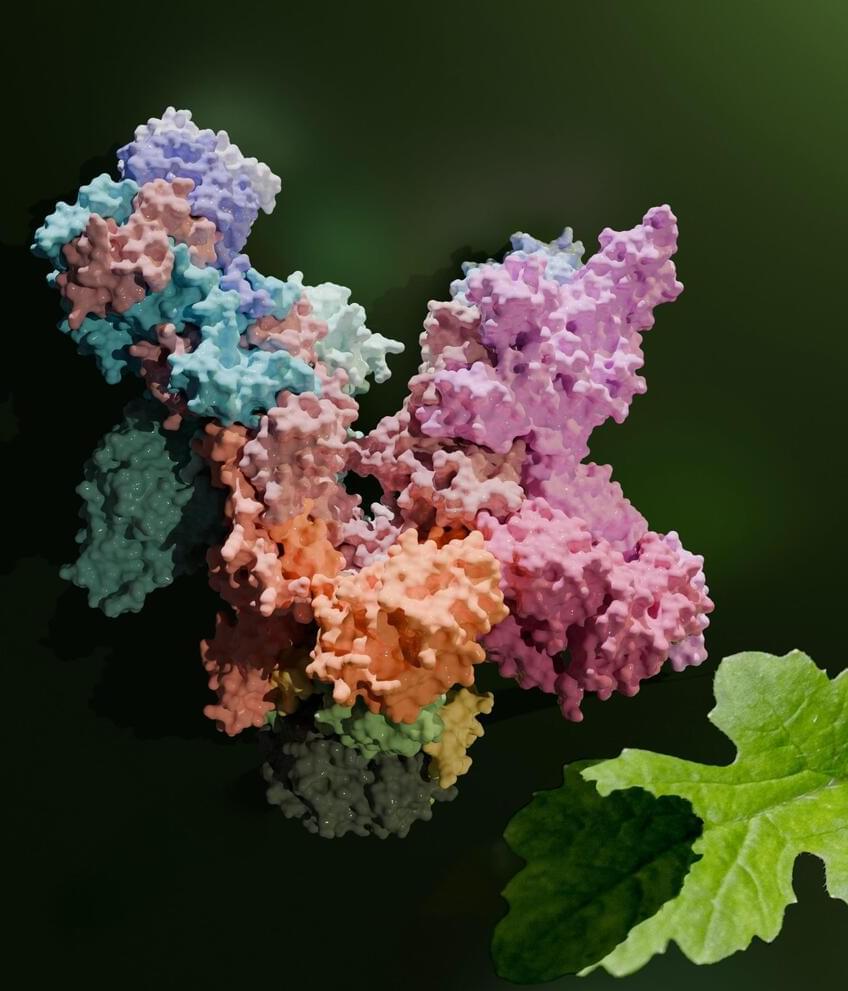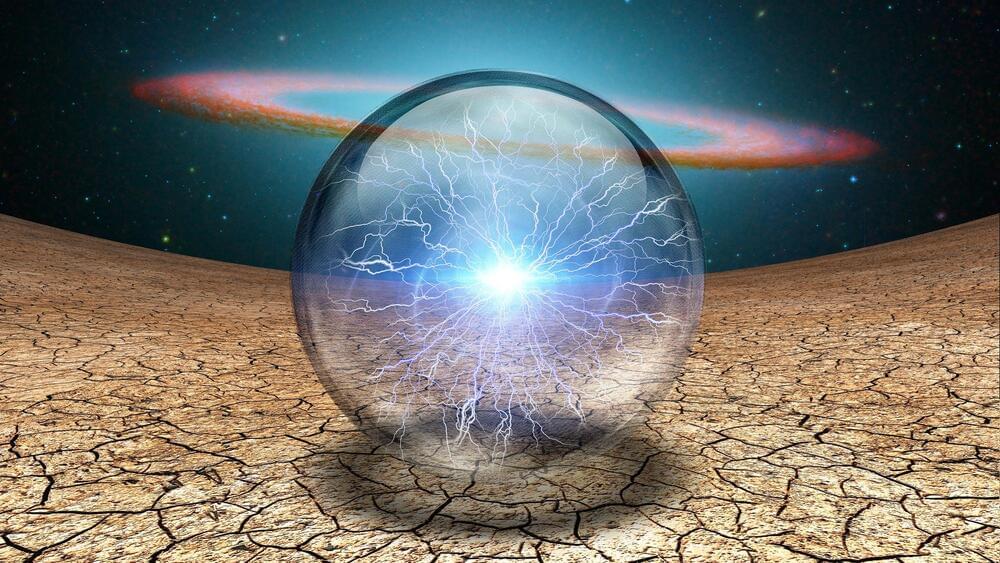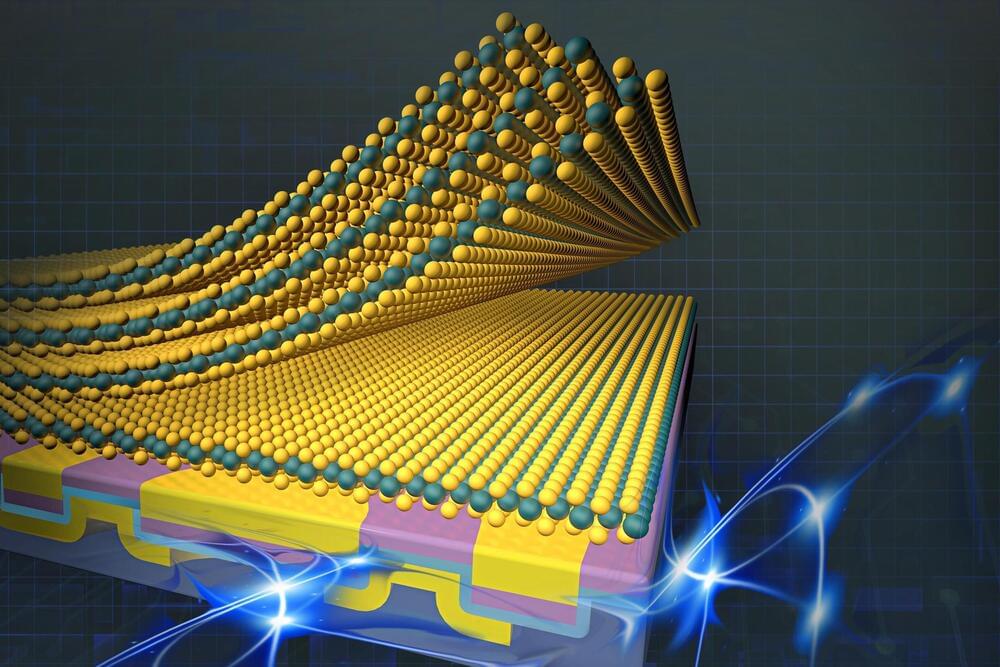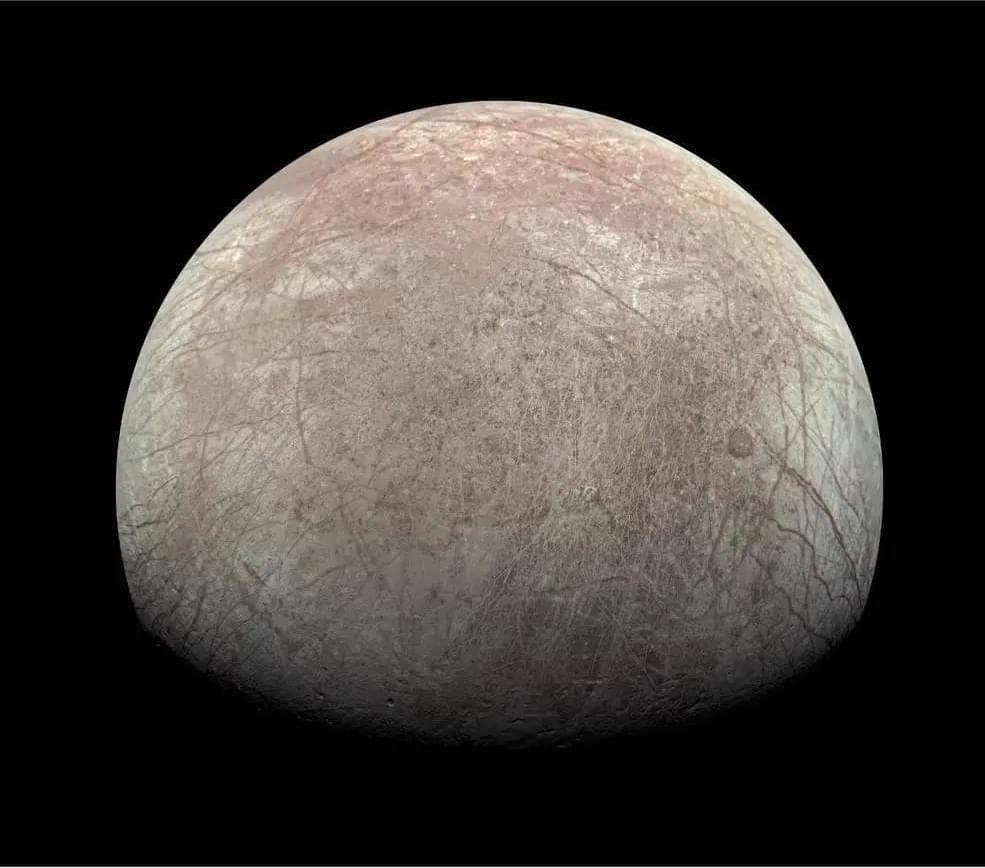A study of more than 21,000 average risk patients at 186 sites across the U.S., led by Regenstrief Institute and Indiana University School of Medicine research scientist Thomas Imperiale, M.D., has found that the next-generation multi-target stool DNA colorectal cancer screening test detects 94% of colorectal cancers. This test has the best performance for detection of both colorectal cancer and advanced precancerous polyps of any noninvasive colorectal cancer screening test.
The study results are published in the New England Journal of Medicine.
“We found that the next-generation stool DNA test had a good balance of sensitivity—detecting disease—and specificity—low false positive results. Compared to the fecal immunochemical test (FIT), the next gen test had superior sensitivity for both colorectal cancer and advanced pre-cancerous polys, especially the subgroup of advanced polyps containing high grade dysplasia,” said Dr. Imperiale, first author of the study.
